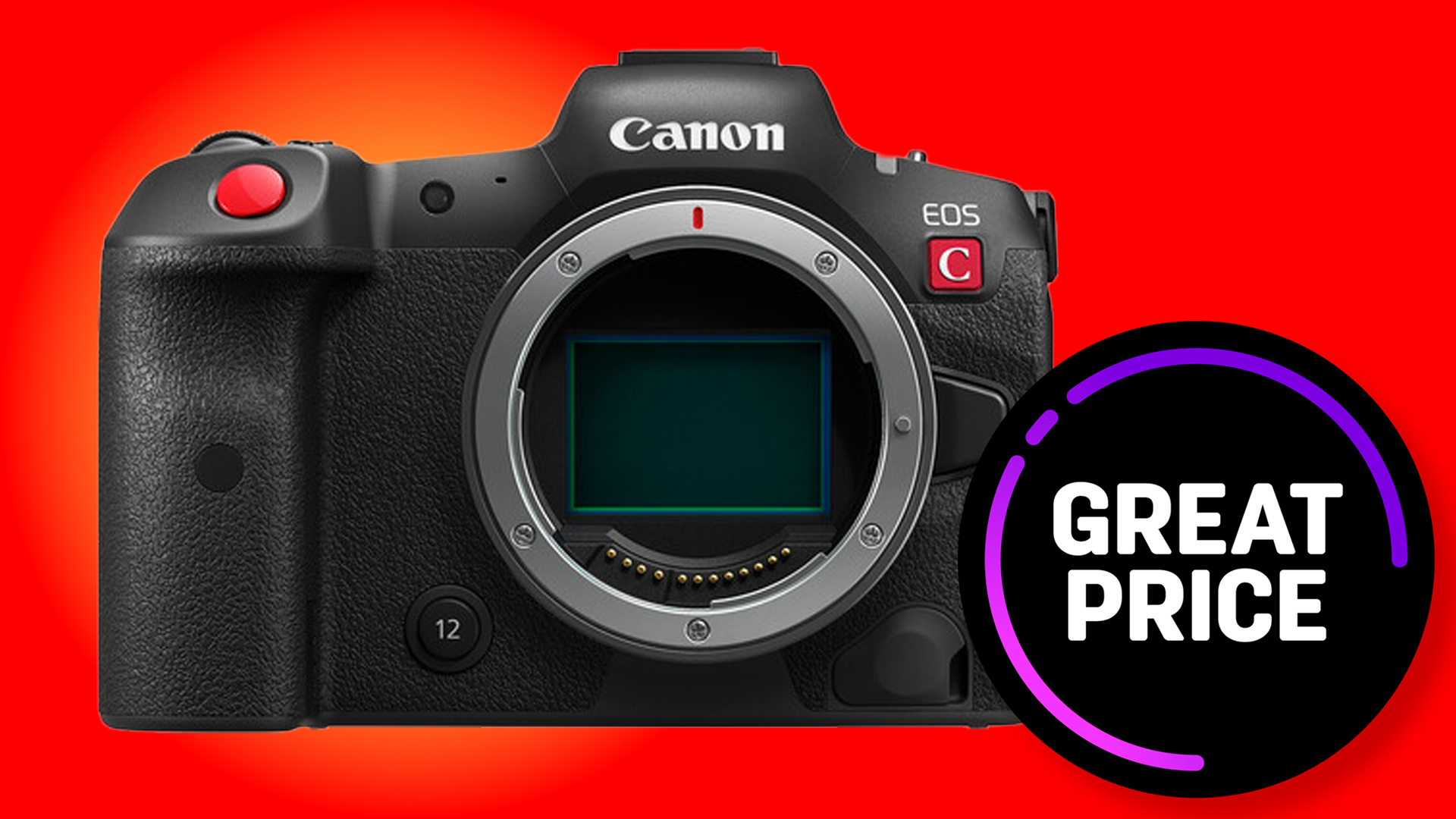Digital Camera World Verdict
The Instax Square SQ1 is a superb, simple point-and-shoot instant camera. If all you want is to click the shutter and get a great square format photograph, look no further. However, it's missing valuable features like the self-timer from the discontinued SQ6 – not to mention the SQ1's direct rivals, the Polaroid Now and Now+ – so if you want advanced options you will need to look elsewhere.
Pros
- +
Great image quality
- +
Point-and-shoot simplicity
- +
Cheaper prints than Polaroid
Cons
- -
No advanced shooting options
- -
No tripod mount
- -
Smaller prints than Polaroid
Why you can trust Digital Camera World
The Instax Square SQ1 is the "traditionalist" of the Instax lineup. Where the Mini series delivers delightfully dinky instant prints, and the Wide camera offers a larger and more dramatic scene, the Square format echoes the familiar shape of Polaroid photos (though Polaroids are actually the same surface as Instax Wide shots).
There are actually two cameras in the Square lineup: the Instax Square SQ1 and the slightly more recent Instax Square SQ40. Internally they are identical, the only difference being the more playful colors of the SQ1 and the more mature black-and-leatherette finish of the SQ40 (which resembles the Instax Mini 40 in looks).
Sadly, both cameras lack the advanced shooting options of the now-retired Instax Square SQ6 – with neither even having a self-timer. So, is the Instax Square SQ1 the best instant camera for shooting square, or should you look across the street to the Polaroid Now or the more advanced Polaroid Now+ Generation 2?
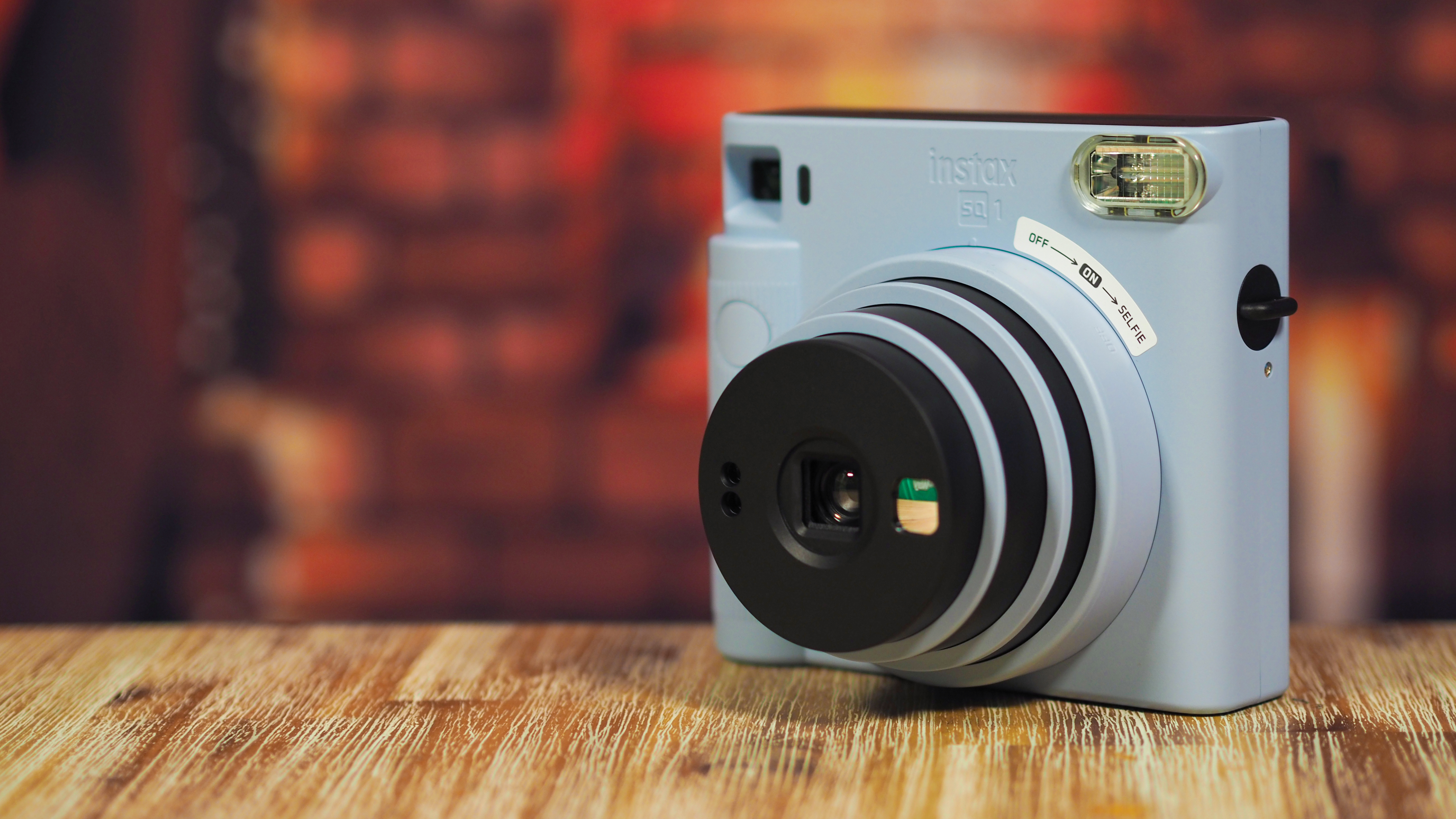
Instax Square SQ1: Specifications
Film type: Instax Square
Lens: 28mm (35mm equivalent) f/12.6
Shutter speed: 1/2-1/400 sec
Flash: Constant (recycle time 7.5 secs, effective range 0.3 to 2.2 m)
Power: 2x CR2 batteries
Dimensions: 130.7 × 118.6 × 57.5mm
Weight: 390g (without film pack)
Instax Square SQ1: Key features
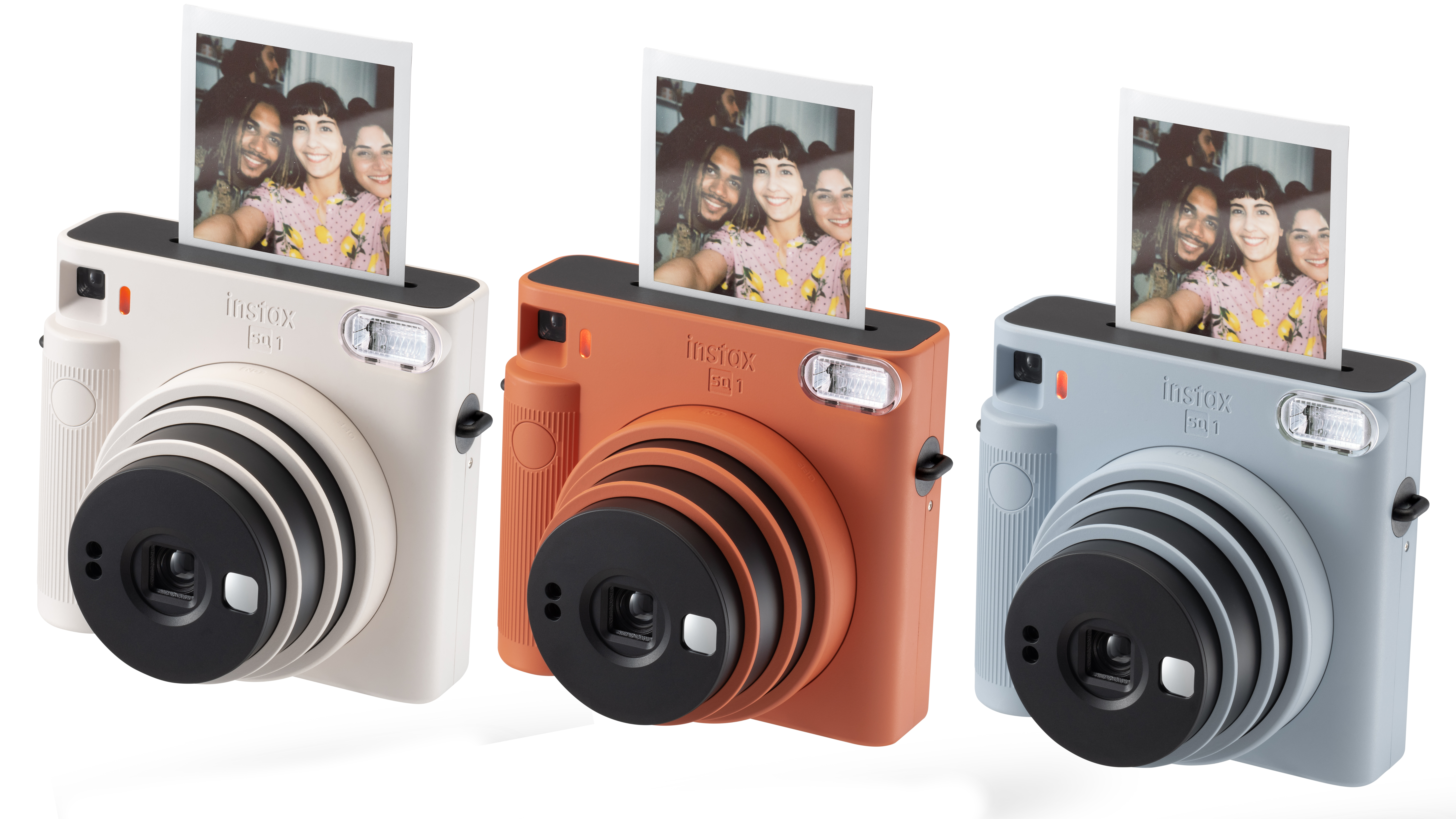
The SQ1 is a fully automatic, point-and-shoot camera with no exposure settings or manual controls (save for the choice of standard or close-up shooting). With a constant flash, you simply aim and click – the camera does all the rest for you.
Turning the lens ring selects between two shooting modes: standard (for subjects 1.6ft / 0.5m and beyond) and selfie / close-up (for subjects between 0.9-1.6ft / 30-50cm).
An optical viewfinder, offset to the right of the lens, is used to frame your shots when you're behind the camera, while selfies can be composed using a selfie mirror on the front of the lens.
As noted earlier, there are no advanced features or shooting functions here – so no self-timer or tripod mount.
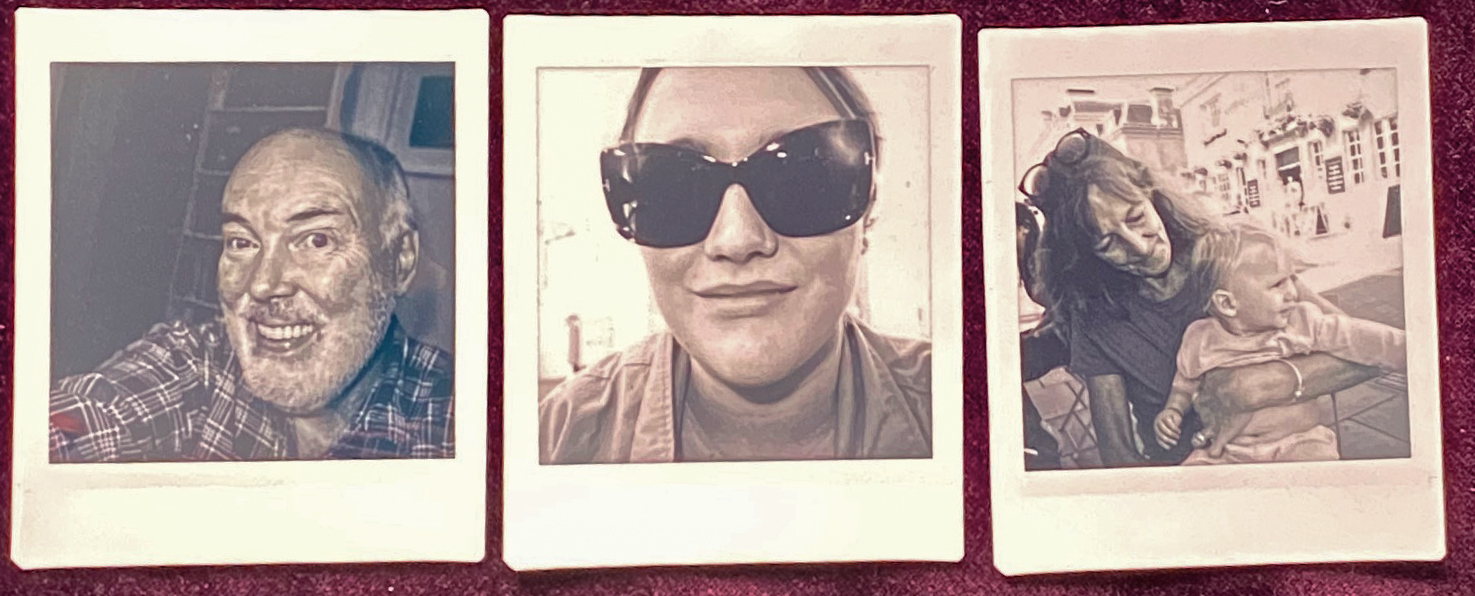
Instax Square SQ1: Build and handling
While the Instax Square SQ1 replaces the Square SQ6, it offers a significantly different design and shooting experience.
The first thing you'll notice is that the SQ6's snazzy metallic finish (and Instagram logo-like design) is no more, with the SQ1 instead adopting the soft, soap bar-like color and finish of the Mini 11 line.
In one sense it makes the Instax range feel more unified (aside from the boxy, Volvo-like design of the Instax Wide 400, which is in desperate need of a glow-up!), but on the other it's a shame that the SQ6's great looks have been lost. Still, if you want a more upmarket-looking camera, there's always the SQ40.
Which isn't to say that the SQ1 is an ugly camera, it's just going for a more bubblegum aesthetic than its predecessor. Perhaps accordingly, it also eschews the more advanced features – such as a motorized lens, tripod socket, LED readout and exposure controls.
Interestingly, in terms of size, it isn't that much bigger than an Instax Mini camera – though it's certainly more angular, as you can see below:
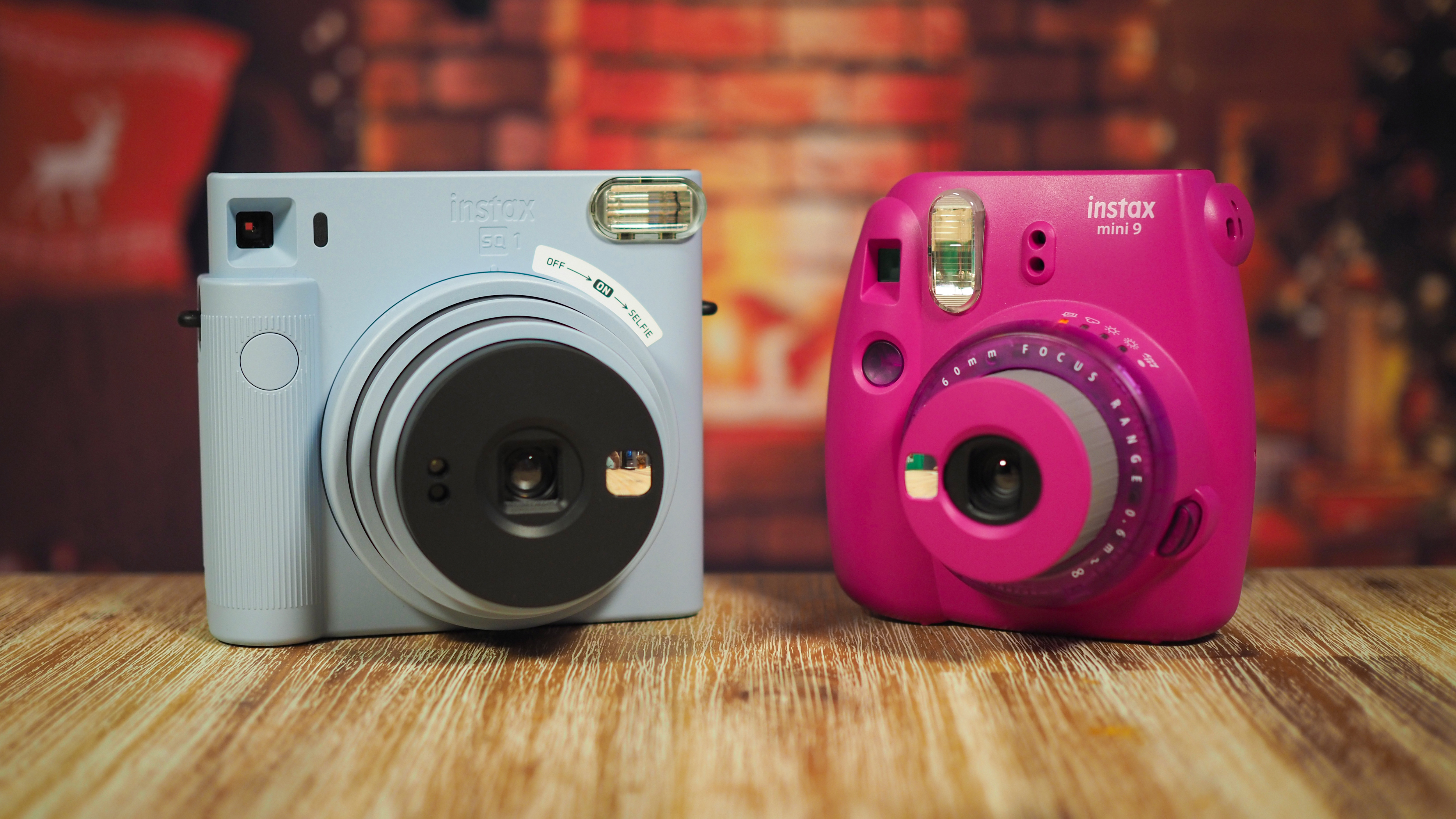

Instax Square SQ1: Performance
In crude terms, the Instax Square SQ1 performs largely on par with cameras like the Instax Mini 12, so if you've used one of the popular Mini models then you know what to expect here.
The challenge remains, as always, shooting in extremely bright or dark conditions; at either end of the scale the SQ1 (and, indeed, any instant camera) struggles with over- or underexposure.
That's partly to do with the fully automatic nature of the SQ1. While I appreciate the simplicity that Instax is going for here, I miss the exposure adjustments possible on the SQ6 and other cameras with their more advanced shooting options.
This extends to things like double exposures and, especially, a self-timer mode. The latter, coupled with the lack of tripod mount, means that you can't use the SQ1 for group shots or meaningful self-portraits if you want to be more than an arm's distance away.
All that aside, what the SQ1 does offer is by-and-large brilliant image quality. As with all Instax cameras, photographs have great contrast and detail, and the autoexposure is better than ever at accommodating ambient lighting behind subjects (rather than blasting everything with flash and making people look like they're standing in a black void).
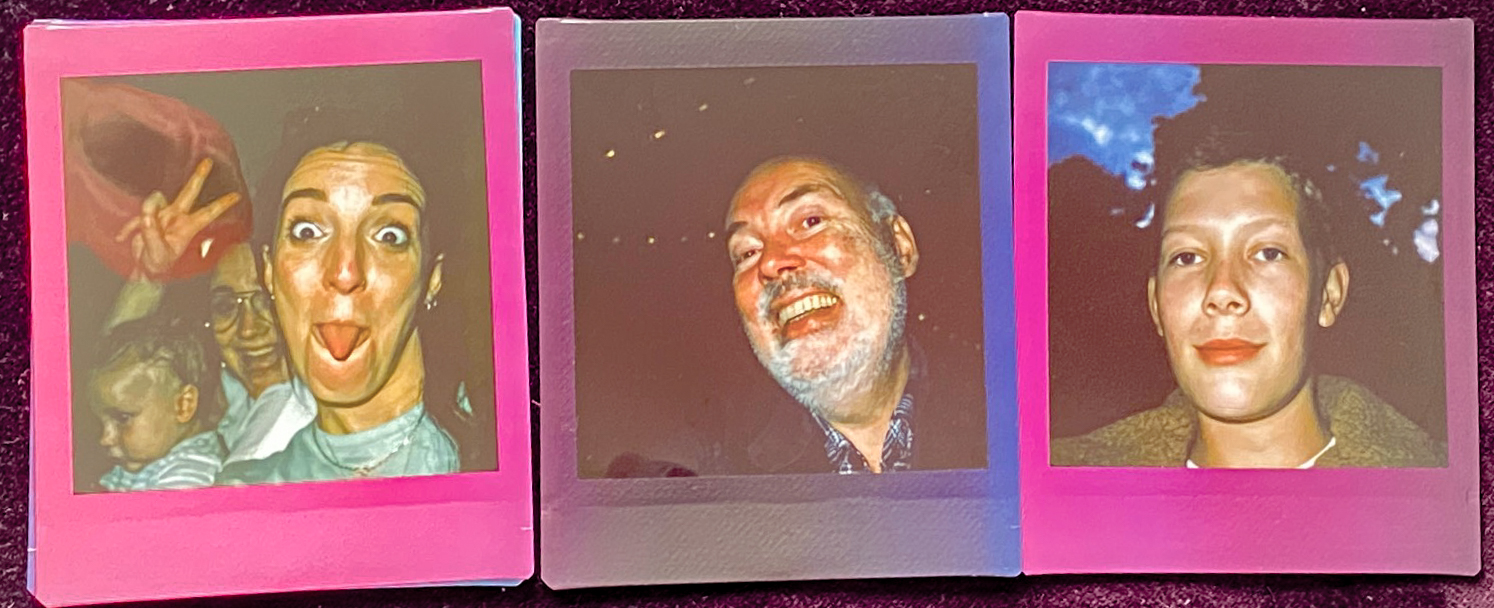
Instax Square SQ1: Verdict
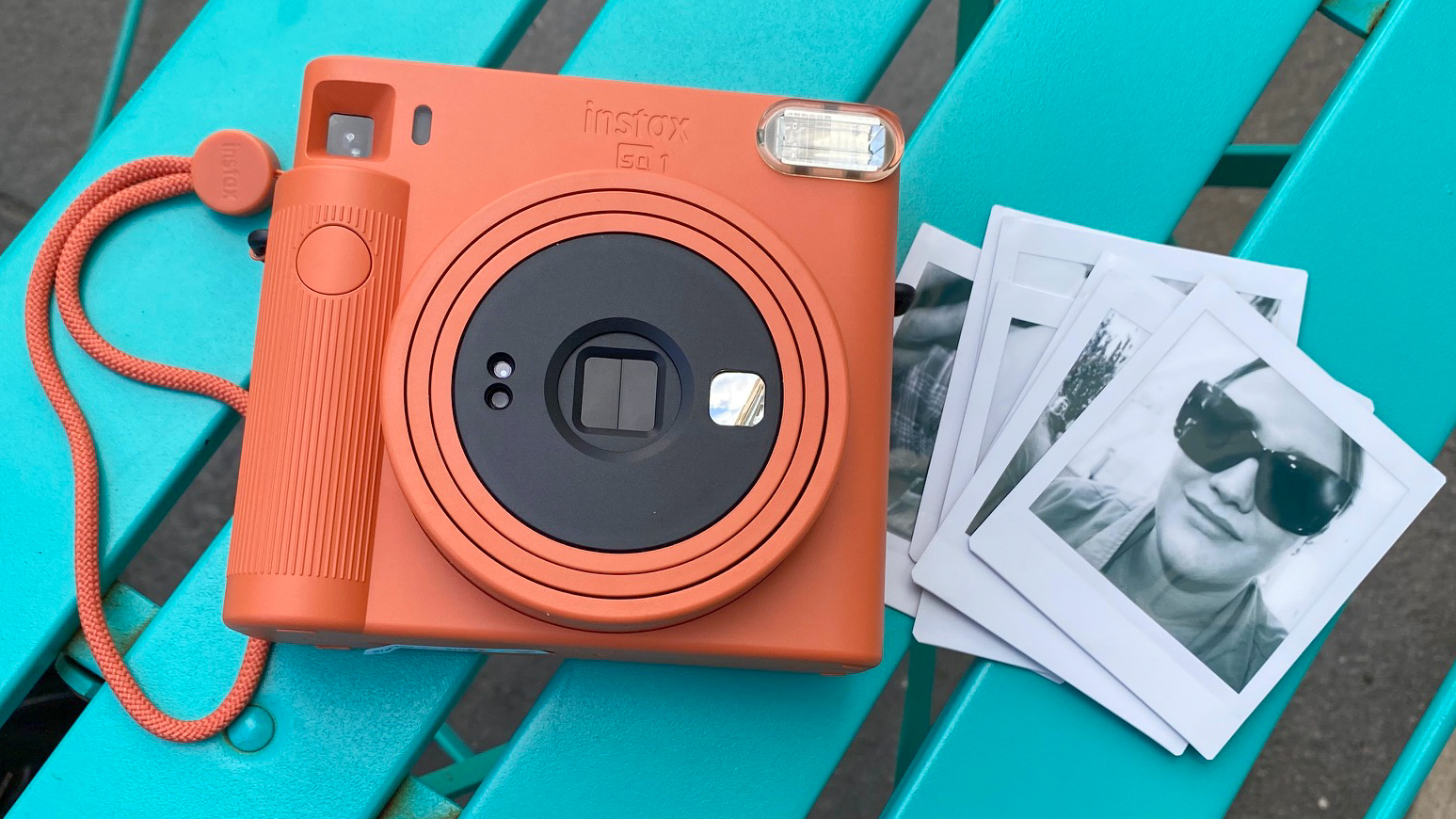
The Instax Square SQ1 is a superb, simple point-and-shoot instant camera. If all you want is to click the shutter and get a great square format photograph, it does exactly what you want it to. However, it's missing valuable features like the self-timer from the discontinued Instax Square SQ6 – not to mention the SQ1's direct rival, the Polaroid Now.
While the image quality is brilliant (away from extremes of light and dark), the lack of any advanced features leaves the Instax Square line feeling rather underpowered. If you want square instant photos with double exposures, light painting, or even just the ability to stick the camera on a tripod and take a group photo, your only choice is to look at other options from Instax or Polaroid.
Take a look at the various instant camera film sizes and make sure you know what type of instant film you need. And check out the Instax vs Polaroid differences to see how the brands compare.

James has 22 years experience as a journalist, serving as editor of Digital Camera World for 6 of them. He started working in the photography industry in 2014, product testing and shooting ad campaigns for Olympus, as well as clients like Aston Martin Racing, Elinchrom and L'Oréal. An Olympus / OM System, Canon and Hasselblad shooter, he has a wealth of knowledge on cameras of all makes – and he loves instant cameras, too.

